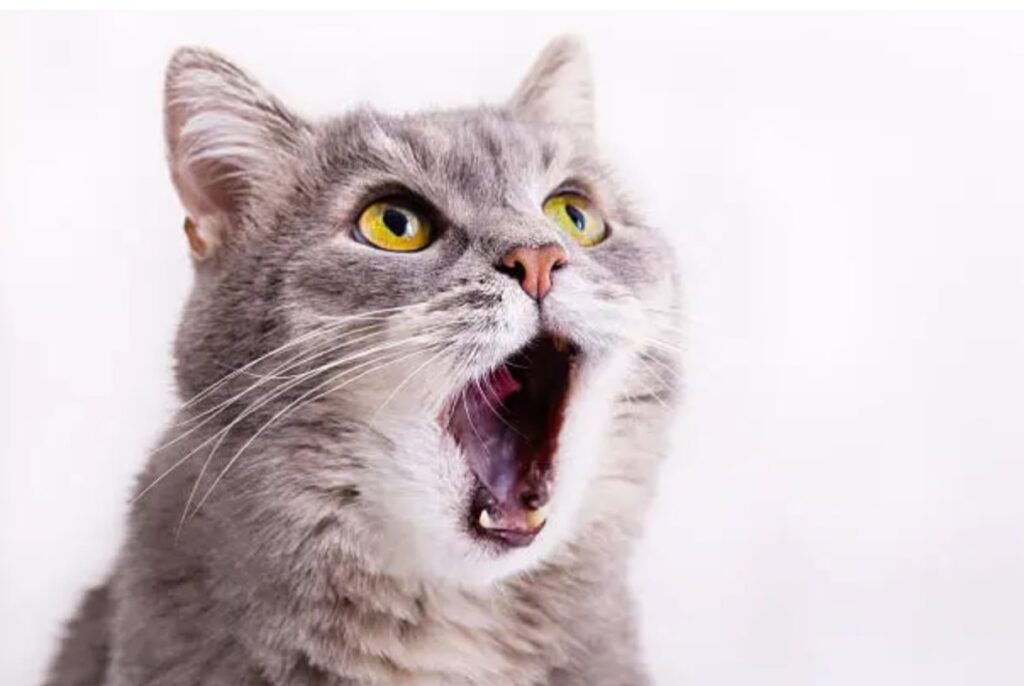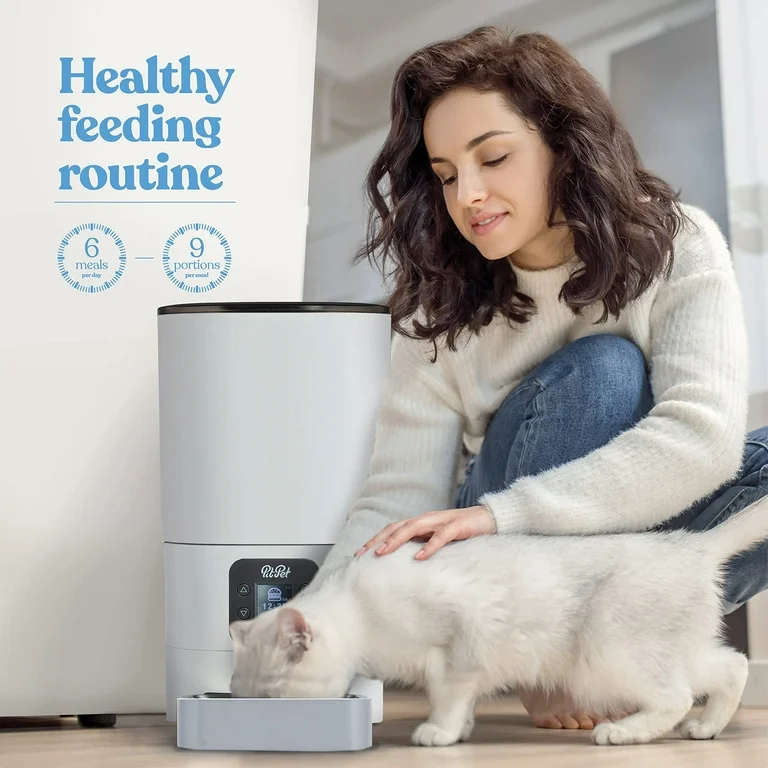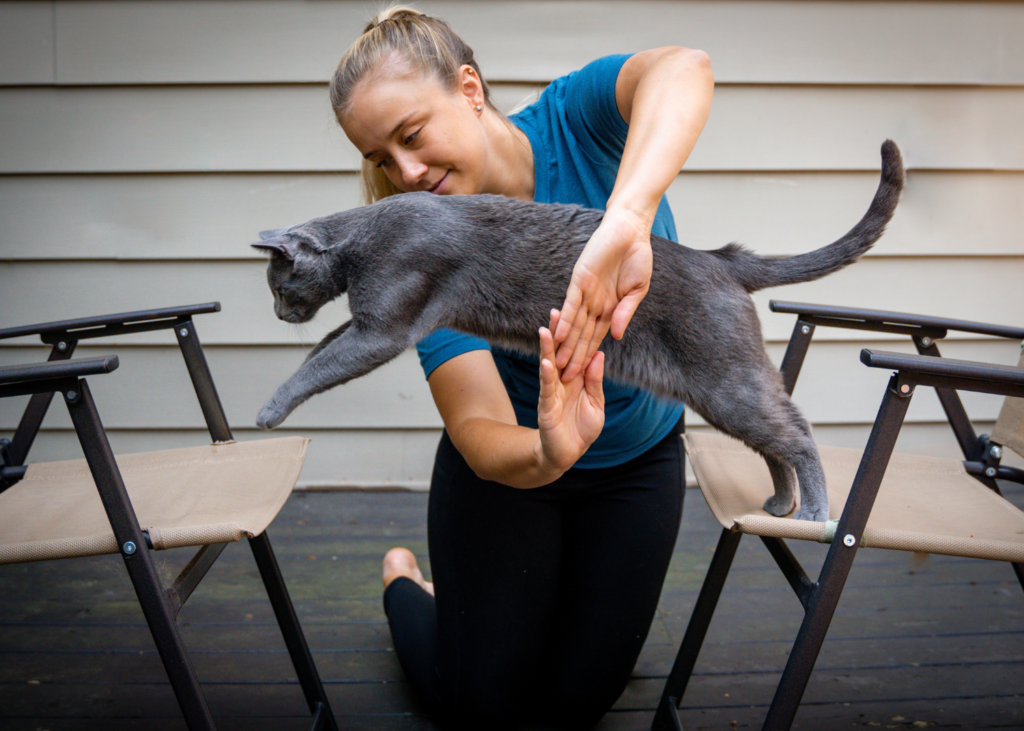If your cat has been meowing excessively, you’re not alone. Many cat owners ask the same question: “Why is my cat meowing so much?” Understanding feline vocalizations is essential to ensure your cat’s health, happiness, and overall well-being. In this comprehensive behavior guide, we will dive into the reasons behind excessive meowing, how to address it, and when to seek veterinary help.
Medicine: Stop cat meowing

1. Introduction to Cat Meowing
Meowing is one of the primary ways cats communicate with humans. While feral cats rarely meow at each other, domestic cats use their voice to interact with their human companions. A certain amount of meowing is normal, but when it becomes excessive, it could be a sign of an underlying issue.
2. Common Reasons Cats Meow Excessively
Cats meow for various reasons, and identifying the cause can help resolve the behavior. Here are some common causes:
2.1 Hunger or Thirst
Cats often meow when they want food or water. If meowing coincides with feeding times, hunger is the likely cause.
2.2 Attention Seeking
Cats love human attention. They may meow when they want to be petted, played with, or simply noticed.
2.3 Loneliness
Some cats meow because they’re feeling lonely, especially if they are left alone for long periods.
2.4 Stress or Anxiety
New environments, changes in routine, or loud noises can cause stress-induced meowing.
2.5 Reproductive Behavior
Unspayed or unneutered cats may meow excessively due to hormonal changes during mating season.
Next Read: How to Stop a Cat from Scratching Furniture
3. Types of Cat Meows and What They Mean
Each meow is unique. Cats use different tones and lengths to convey different messages:
- Short Meow: A quick greeting
- Long Drawn-Out Meow: A demand or complaint
- Repeated Meows: Persistent request for something
- Chirps and Trills: Friendly sounds, often for greeting
- Yowling: Sign of distress or mating behavior
4. Behavioral Triggers of Meowing
Behavioral triggers often influence vocalization. Understanding these can help resolve excessive meowing:
4.1 Boredom
A cat with no stimulation can develop annoying habits, including constant meowing.
4.2 Habit Formation
If you’ve previously responded to meowing by giving treats or attention, your cat may have learned to meow persistently.
4.3 Territory Marking
Cats are territorial. Vocalizing can be a way of expressing dominance or marking territory.
4.4 Morning Wake-Up Calls
Many cats meow in the early morning to wake owners up. This is especially common in indoor cats.
5. Medical Causes of Frequent Meowing
Health issues can cause your cat to vocalize more than usual. Always consider medical reasons if behavioral training doesn’t help.
5.1 Hyperthyroidism
This condition leads to increased appetite and activity, often accompanied by loud, insistent meowing.
5.2 Kidney Disease
Discomfort or confusion from kidney issues may cause meowing.
5.3 Cognitive Dysfunction Syndrome (CDS)
Senior cats with CDS may meow excessively due to confusion.
5.4 Pain or Discomfort
Arthritis, injury, or dental issues can lead to painful meowing.
6. Age-Related Changes and Meowing
6.1 Kittens
Kittens meow to get their mother’s attention. As they grow, they learn to meow at humans.
6.2 Adult Cats
Normal adult cats meow for food, play, or interaction.
6.3 Senior Cats
Older cats may meow more due to medical conditions or cognitive decline.
7. How to Reduce Excessive Meowing
7.1 Establish a Routine
Cats thrive on routine. Feeding, play, and sleep schedules reduce stress.
7.2 Ignore Unwanted Meowing
Avoid reinforcing the behavior. Do not respond to meowing with treats or attention.
7.3 Provide Stimulation
Interactive toys, puzzle feeders, and cat trees can keep your cat mentally and physically active.
7.4 Consider a Companion
If loneliness is the issue, another pet may help alleviate boredom.
7.5 Consult a Behaviorist
Persistent behavioral issues may require professional intervention.
SEO Keywords: stop cat meowing, reduce cat vocalization, cat training tips
8. When to See a Vet
If your cat suddenly starts meowing excessively or shows other symptoms like weight loss, vomiting, or changes in behavior, consult your veterinarian. Early detection can prevent serious health problems.
9. Cat Breeds Known for Meowing
Some breeds are naturally more vocal than others. If you own any of the following breeds, excessive meowing may be normal:
- Siamese: Loud, persistent meowing
- Oriental Shorthair: Talkative and expressive
- Burmese: Social and vocal
- Maine Coon: Chirps and trills rather than meow
10. Final Thoughts: Understanding Your Cat’s Voice
Excessive meowing is your cat’s way of telling you something. Whether it’s a need for food, attention, or medical help, learning to decode your cat’s vocal cues can strengthen your bond and improve their quality of life.
Understanding your feline friend is an ongoing journey. By paying attention to context, behavior, and tone, you can interpret their needs and provide a happier, healthier environment.







